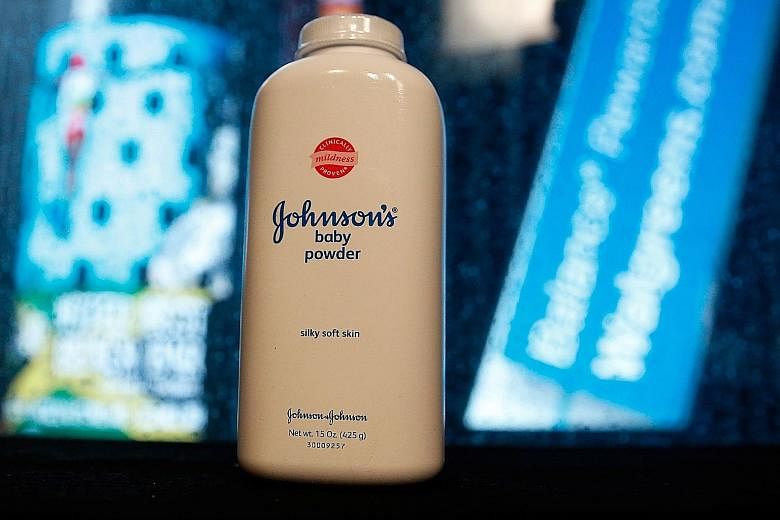If I ran a hedge fund - now there's a thought! - I would be loading up right now on shares of Johnson & Johnson. After rising nearly 25 per cent from the end of May until Dec 13, the stock suddenly plummeted, giving back almost all of the gains in five trading days. As 2018 comes to a close, it's down 9 per cent for the year.
The stock's abrupt drop was due to a Reuters story, published on Dec 14, which alleged that the company was aware its best-known product, its talcum powder, contained "small amounts of asbestos", and had kept that knowledge a secret.
Already a subscriber? Log in
Read the full story and more at $9.90/month
Get exclusive reports and insights with more than 500 subscriber-only articles every month
ST One Digital
$9.90/month
No contract
ST app access on 1 mobile device
Unlock these benefits
All subscriber-only content on ST app and straitstimes.com
Easy access any time via ST app on 1 mobile device
E-paper with 2-week archive so you won't miss out on content that matters to you

